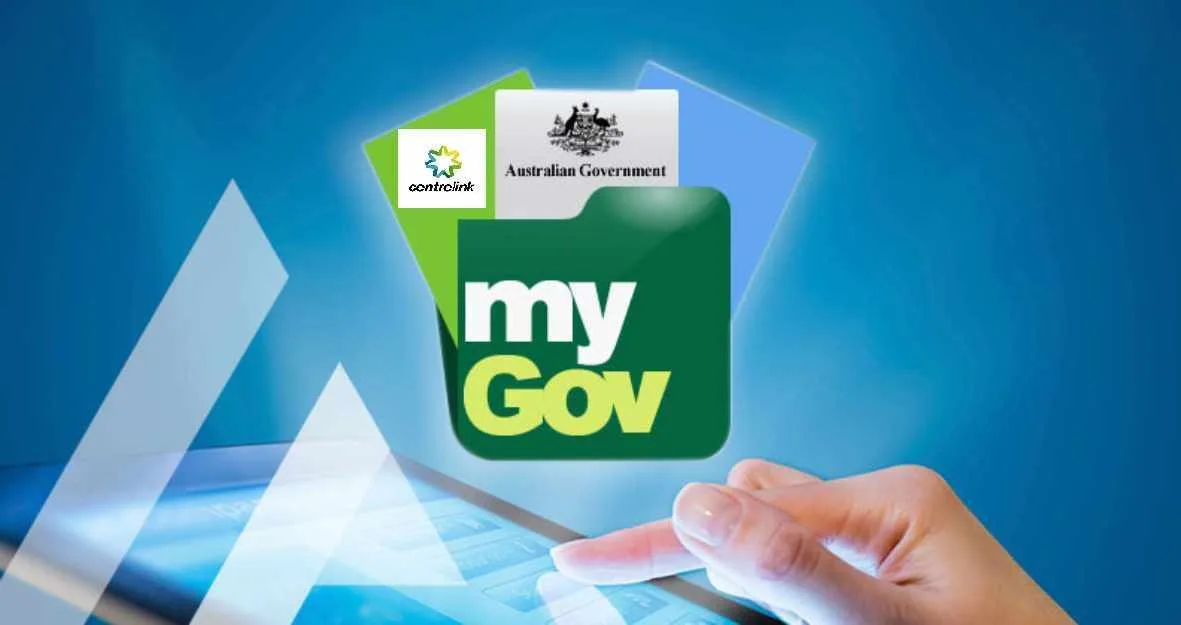Pledging to make necessary improvements to the digital portal and to retain user data in Australia.
In response to criticism from users, Labor has promised to improve myGov’s performance marked by a range of shortcomings and disappointments
Labor also promised to guarantee the security of user data stored on the myGov portal.
An “enhanced” version of myGov is currently in beta after more than two years of work and an $80 million in outsourcing however, the beta offers limited functionality.
On Saturday Labor Leader Anthony Albanese and Shadow Minister for Government Services Bill Shorten announced a user audit of MyGov as the election campaign enters its final three weeks.
Upon a successful campaign Labor would take look at myGov’s performance in terms of service to the Australian public, including its “reliability and functionality for an easy-to-use experience,” according to a joint statement.
“The user audit will help identify what changes and improvements are needed and assist an Albanese Government in strengthening the portal,” Mr Albanese and Mr Shorten said
“Labor will also guarantee myGov user data is retained within Australia.”
“The platform was not performing at a level needed for something millions of Australians rely on each day,” said Mr Albanese
“It’s not up to scratch, and Australians deserve better. That’s why we will review myGov, and make improvements where necessary,” he said.
Millions of Australians interact with myGov every day and rely on it to provide essential services
Significant downtime in 2020 when an unprecedented number of users sought assistance during the pandemic indicates the ageing system is struggling at times. The crash, incorrectly blamed on hackers by then-Government Services Minister Stuart Robert, who later apologised for the claim.
Reliability and usability have been a bugbear for myGov since the one-stop shop for online services was introduced in 2013, particularly in its first two years.
In response, the then-Department of Human Services (now Services Australia) introduced new hosting infrastructure to address performance issues and later, in mid-2017, revamped the portal.
Last year, the Coalition announced $200 million in earmarked funding for the myGov platform as part of the government’s digital economy strategy. This follows work on myGov improvements that began in early 2020.
While Labor acknowledges there have been improvements over the years, Labor said “blind spots and disappointments” remain, including the prevalence of outages.
It would use the user audit to help identity what changes and improvements are needed” and assist it to strengthen the portal should it win government later this month
Deloitte, a US consulting giant has been involved with the myGov redevelopment since the very beginning, with the consulting giant landing a near-$1 million contract at the start of 2020 to develop a prototype for the new platform as part of a 90-day sprint.
A contract worth over $30 million was then awarded to convert this prototype to a working beta before it was added to a group of contractors and received a number of additional contracts.
Services Australia established a four-company Systems Integrator Panel last year after it took control of the myGov project from the Digital Transformation Agency.
The panel members are Deloitte, IBM, Arq Group and Accenture. A total of $10 million was paid to the companies last year for the work on myGov.
Working on a more holistic approach, Services Australia are currently working on a $200 million overhaul of the platform. It remains in beta after two years of work with Accenture and Adobe paid approximately $75 million for their work on the myGov beta platform.
Outside of the panel, Adobe has also landed a $32 million deal to provide the “core technology components” to underpin the new myGov.
Labor’s plan to revaluate and potentially change the direction of myGov is part of Labor’s election commitment to improve service delivery, Mr Shorten said.







